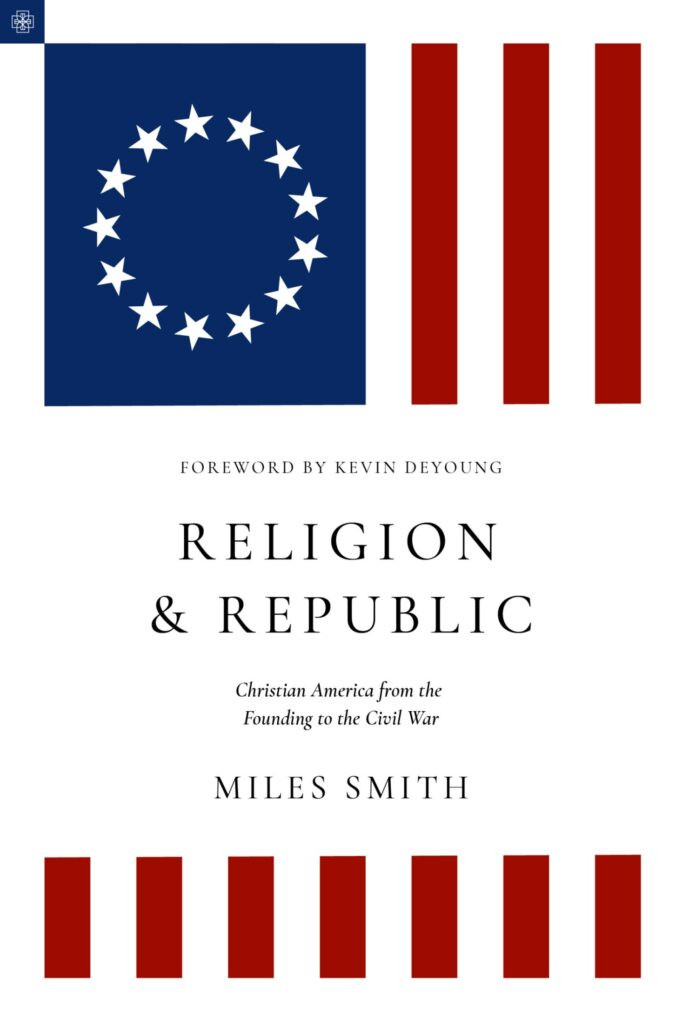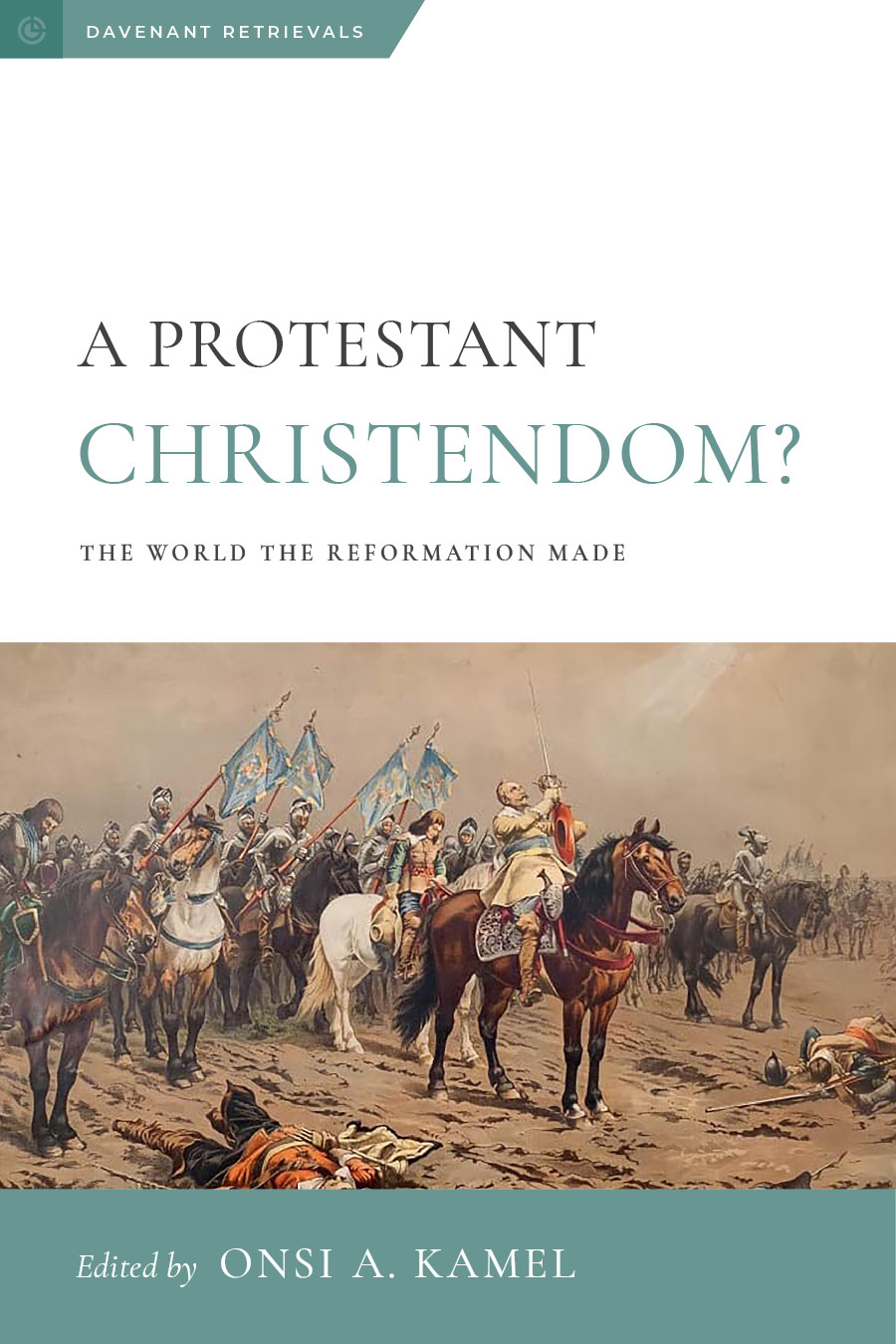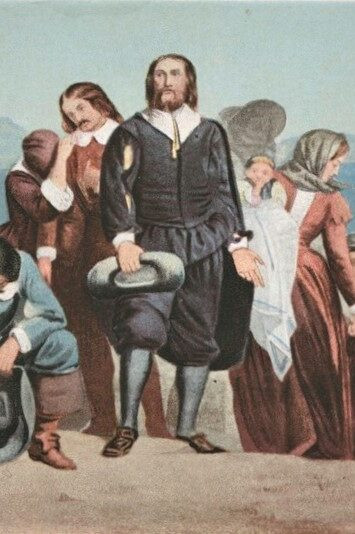Kristin Kobes Du Mez’s Jesus and John Wayne: How White Evangelicals Corrupted a Faith and Fractured a Nation (Liveright, 2020) has become a focal point of intense discussion and debate within and beyond evangelical circles. As someone who has spent years studying and observing evangelicalism, and who also identifies as a white, conservative evangelical Christian, approaching this book is a deeply personal and professional endeavor. This review is not offered from a position of detached objectivity but rather as a considered response to a work that is itself a passionate and critical examination of a significant cultural and religious movement in America.
Having known Professor Du Mez professionally, I hold her in high regard as a historian. Therefore, engaging with her analysis of white evangelicalism feels particularly pertinent. This book delves into the heart of a community I consider my own, prompting reflection on its historical trajectory and present state. My background, raised outside evangelicalism and later embracing it in adulthood, provides a unique lens through which to view Du Mez’s narrative. My journey into evangelicalism was through a Southern Baptist church, a denomination central to Du Mez’s study. My understanding of evangelical history initially came from books, evolving into lived experience as a seminary student, pastor staff member, teacher, professor, and family man within this community. White conservative evangelicals, particularly of the Southern Baptist tradition, are indeed “my people,” a group to whom I feel both connected and called to serve, even while acknowledging the complexities and flaws inherent in any human community.
Du Mez presents a sweeping historical analysis of evangelicalism, arguing that cultural forces have been as formative, if not more so, than theological convictions in shaping white conservative evangelicalism since the early 20th century. Central to her thesis is the figure of John Wayne, symbolizing a militant, masculine, and nationalistic ethos that she contends has deeply influenced this religious demographic. This “John Wayne” archetype, intertwined with ideals of American exceptionalism, white supremacy, patriarchal family structures, and a strong emphasis on law and order, has, according to Du Mez, defined white evangelicalism from figures like Theodore Roosevelt to Donald Trump. Coupled with a persistent sense of being under siege and persecuted, this ethos has fostered a worldview characterized by a stark dichotomy between good and evil, with evangelicals invariably positioning themselves on the side of righteousness and identifying their detractors as enemies of both faith and America.
Du Mez argues that this cultural synthesis has led to a significant departure from core Christian values. She suggests that white evangelicals have often prioritized and embraced values antithetical to Christian teachings, such as oppressive patriarchy, racial prejudice, aggressive nationalism, and militarism. In her words, “Like [John] Wayne, the heroes who best embodied militant Christian masculinity were those unencumbered by traditional Christian virtues. . . . For many evangelicals, these militant heroes would come to define not only Christian manhood but Christianity itself.” This central argument frames her historical exploration, tracing the evolution of these themes across the decades.
Spanning from Theodore Roosevelt’s era to the Trump administration, Du Mez constructs a troubling narrative of evangelical complicity in the development of what she terms “Christian nationalism.” Her book meticulously details evangelicalism’s entanglement with racial injustice, its enthusiastic endorsement of warfare (particularly in Vietnam and the War on Terror), the creation of a damagingly sexist culture that has resulted in widespread abuse and trauma, and a disturbing tendency to valorize the abuse of power, both within religious and secular spheres. The narrative culminates in the assertion that this cultural trajectory paved the way for the ascent of Donald Trump, whose presidency, while not inevitable, is presented as the logical outcome of the historical forces Du Mez describes. Trump’s enthusiastic reception by a significant segment of the evangelical population is depicted as the clearest manifestation of the trends she identifies.
Reading Jesus and John Wayne is an unsettling experience. The detailed recounting of historical events and cultural trends is often uncomfortable, at times eliciting feelings of embarrassment and anger. The narrative can provoke defensiveness, a natural reaction when one’s own community is subjected to such scrutiny. Yet, beyond these reactions, there is a profound sense of sadness and regret that emerges from confronting the issues Du Mez raises.
The theme of abuse, in its various forms, permeates Du Mez’s work. While my personal experiences differ from the instances of sexual abuse detailed in the book, I recognize the lasting impact of physical and verbal abuse experienced during my youth. Understanding the normalcy of healthy boundaries and the nature of forgiveness for past trauma is a long journey. As a historian specializing in the intersection of nationalism and theology in conflict and politics, and as someone with personal experience of abuse, I find Du Mez’s analysis deeply resonant and compelling. The importance of this book, its call for wide readership and serious consideration, is undeniable.
One of the most significant critiques Du Mez implicitly offers is the way American evangelicals, over generations, appear to have prioritized what I have termed an “evangelical magisterium” over the authority of Scripture. This “magisterium,” characterized by pragmatism, experientialism, and sentimentality, often seems to dictate theological and cultural norms, even shaping the interpretation of Scripture itself. Du Mez excels at illustrating how these dynamics have played out historically, particularly from the Cold War era to the Trump presidency. The consequences of this “evangelical magisterium” are, as Du Mez demonstrates, deeply problematic. For instance, the pursuit of political power has become a defining characteristic of evangelical engagement in the public sphere. However, as Alexis de Tocqueville astutely observed in Democracy in America, such politicization of religion carries significant risks. Tocqueville argued that religion thrives best when separate from the political fray, maintaining respect across diverse segments of society. When religious leaders become politically active, faith becomes entangled with partisan divisions, diminishing its broader influence and moral authority. Tocqueville warned, “Religion does not need [political powers’] assistance to live, and in serving them it can die.” This prescient observation seems acutely relevant in contemporary America.
The most valuable contribution of Jesus and John Wayne, particularly for Christians committed to biblical authority and conservative evangelicalism, is its relentless call for self-examination. Echoing Paul’s exhortation to the Philippians to examine themselves (Phil. 2:12-13), Du Mez compels readers to confront uncomfortable truths about their own traditions and tendencies. Are we truly embodying the call to self-denial, to take up our crosses, and follow Christ? Are we willing to relinquish the desire for worldly power and self-righteousness? Du Mez’s book serves as a mirror, reflecting aspects of evangelical history that demand honest appraisal and repentance. The question is whether conservative evangelicals possess the courage to confront this reflection, to listen to criticism, even from within their own ranks, and to enact meaningful change rooted in biblical principles rather than cultural norms.
While acknowledging the importance of Du Mez’s work, it is crucial to also offer a critical perspective. This critique is offered in the spirit of seeking truth and fostering constructive dialogue. Beth Barton Schweiger’s essay, “Seeing Things: Knowledge and Love in History,” provides a valuable framework for this critique. Schweiger argues for a historical approach rooted in love for the historical subjects, a love that is not sentimental but committed to truth-telling. This love entails understanding historical figures in their own context, with empathy and humility, recognizing their humanity and complexity, even in their failings. The historian’s task is not to wield power over the past through judgment but to foster understanding and self-reflection in the present.
Du Mez’s subtitle, “How White Evangelicals Corrupted a Faith and Fractured a Nation,” reveals a narrative that, while insightful, leans towards a one-sided attribution of blame. While white conservative evangelicals undoubtedly bear responsibility for aspects of the historical trajectory Du Mez outlines, attributing the “corruption” of faith and the “fracturing” of the nation solely to this group oversimplifies a complex historical reality.
My own research into figures like John Foster Dulles, a mainline Presbyterian deeply involved in shaping American foreign policy, reveals that tendencies towards Christian nationalism, militarism, racism, and sexism are not exclusive to white conservative evangelicals. Dulles, despite his mainline Protestant background and association with theological modernism, held views and enacted policies that mirrored some of the very issues Du Mez critiques within evangelicalism. Dulles’ example underscores that these problematic ideologies are not confined to one religious or political demographic but are shaped by broader historical and cultural forces. Christian nationalism, in particular, is a historically fluid concept, manifesting in diverse forms across the political spectrum, from progressive to conservative iterations.
In contrast to Schweiger’s call for pastoral imagination and empathetic understanding, Du Mez’s approach often seems to prioritize highlighting the most egregious examples within evangelical history to support her thesis. This approach, while effective in making a point, sometimes risks overlooking the nuances and complexities inherent in historical interpretation.
Molly Worthen’s Apostles of Reason: The Crisis of Authority in American Evangelicalism offers a contrasting approach. Worthen seeks to understand and explain evangelicalism, acknowledging its complexities and contradictions, rather than primarily aiming to condemn it. Her analysis reveals both the strengths and weaknesses within evangelicalism, portraying a movement grappling with internal tensions and evolving understandings of authority. Worthen’s work exemplifies a more balanced and nuanced approach to historical analysis.
Similarly, Lauren Frances Turek’s To Bring the Good News to All Nations: Evangelical Influence on Human Rights and U.S. Foreign Relations examines evangelical engagement in diplomacy during the Cold War. Turek, writing from outside the evangelical community, strives to understand evangelicals on their own terms, presenting a nuanced picture of both positive and negative impacts of their involvement in foreign policy. Her work avoids simplistic judgments, recognizing the complex motivations and outcomes of evangelical actions on the global stage.
Emily Conroy-Krutz’s Christian Imperialism: Converting the World in the Early American Republic provides another example of a non-evangelical historian offering a critical yet balanced analysis. Conroy-Krutz examines the transatlantic missions movement of the early 19th century, exploring its intricate relationship with national identity and the concept of “civilization.” Her work is characterized by careful historical analysis, avoiding polemical tones and aiming for a deeper understanding of the historical context.
Comparing Du Mez’s work with historians like Worthen, Turek, and Conroy-Krutz reveals different approaches to historical interpretation. While Du Mez’s work is undeniably impactful and raises crucial questions, it sometimes leans towards presenting history as a direct path leading to a predetermined outcome – in this case, the election of Donald Trump. However, history is rarely linear or inevitable. Furthermore, the implication that a particular viewpoint on evangelicalism is the only valid one for those concerned about issues like women’s rights seems overly prescriptive. The approaches of Worthen, Turek, and Conroy-Kurtz, while also critically engaged, do not necessarily share this specific agenda.
Finally, the question remains: are the failings of some white conservative evangelicals representative of evangelicalism as a whole? Is evangelicalism inherently flawed, inevitably leading to racism, sexism, and nationalism? Extending this line of questioning, one might ask if the failures of some proponents of biblical inerrancy invalidate the doctrine itself. If evangelicalism is inherently anti-Christian, as Du Mez’s subtitle suggests, what then is the path forward? What constitutes repentance and reconciliation in this context? Du Mez’s book concludes without offering clear solutions or a message of hope or redemption. This absence is notable, particularly given the Christian context of the subject matter. If the book is solely intended as a work of secular history, its critique of evangelicalism’s departure from Christian faith might seem less relevant. If it aims to engage with religious critique, the lack of a gospel-centered response is a significant omission. Ultimately, Jesus and John Wayne reads more as an ideological critique than a historically nuanced analysis, leaving the reader with a sense of impasse rather than a path towards healing and reconciliation.
Ed Stetzer has recently spoken of a coming “reckoning” for evangelicals. However, the need for reckoning is not unique to evangelicals. As Worthen points out, crises of authority are a recurring theme throughout history, and at the heart of sin itself is a fundamental crisis of authority. This is a universal human condition. Christ, as revealed in Scripture, offers the ultimate answer to this crisis. Schweiger’s reflection on the historian’s vocation is pertinent here: “Why should a Christian write history? One answer is to envision history as a spiritual as well as critical discipline, and to allow those about whom we write and the peculiar intellectual disciplines of our craft to change us.” As we engage with American Christian history, may we be guided by love and truth, spurring one another towards love and good deeds, looking towards the future with hope grounded in faith (Heb. 10:24-25).
If you found this interesting, check out more from the Davenant Institute…
Religion & Republic: Christian America from the Founding to the Civil War
Miles Smith uncovers the true nature of Christian America in the Early Republic era
A Protestant Christendom? The World the Reformation Made
Essays on the political, cultural, and social world the Reformation made.
Finding a Christian America?
A Davenant Hall Fellows Lecture with Miles Smith
John D. Wilsey is Associate Professor of Church History and Philosophy at Southern Baptist Theological Seminary. He is the author of One Nation Under God: An Evangelical Critique of Christian America (Pickwick, 2011), American Exceptionalism and Civil Religion: Reassessing the History of an Idea (IVP Academic, 2015), God’s Cold Warrior: The Life and Faith of John Foster Dulles (Eerdmans, 2021), and editor of Alexis de Tocqueville’s classic 1840 work, Democracy in America: A New Abridgment for Students (Lexham, 2016).





